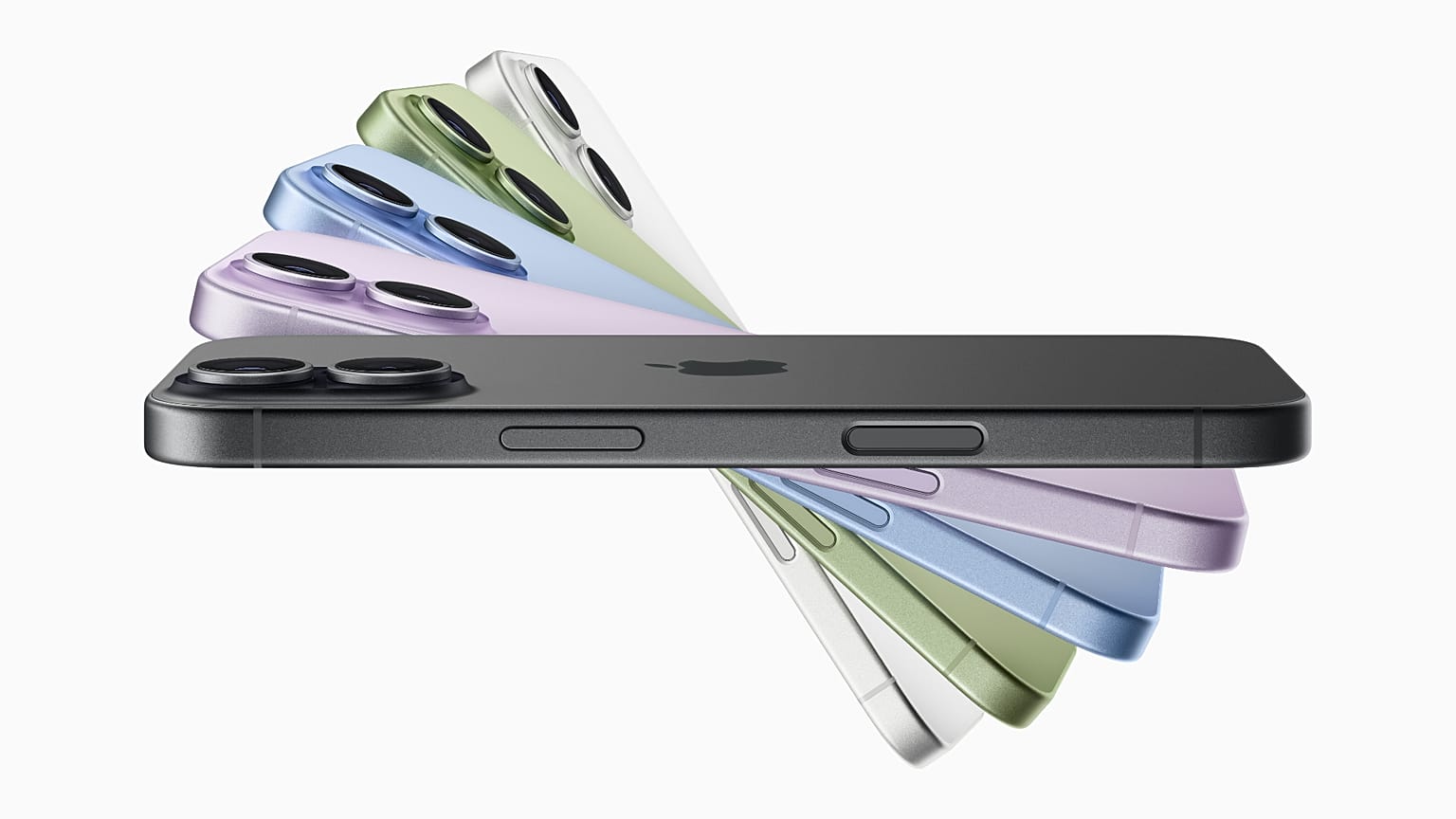
21 Sep, 2025
3 min read
Apple Unveils New iPhone Air and iPhone 17 Featuring Advanced Processors and Enhanced Cameras
Apple revealed its latest products in a high-profile event held at its Cupertino, California headquarters on Tuesday. The highlight was the introduction of the sleek new iPhone Air model, boasting a high-density battery and enhanced durability. Alongside this, the tech giant also launched the iPhone 17, an upgraded version of its flagship smartphone.
The iPhone 17 features a brighter, more scratch-resistant display and is powered by Apple's new A19 chip, manufactured using advanced 3-nanometer technology. This processor improves on-device artificial intelligence functionalities, providing a more efficient and responsive user experience. Additionally, Apple upgraded the front-facing camera with a redesigned sensor to enhance landscape-oriented selfies.
Complementing the new phones, Apple introduced the third generation of AirPods Pro, equipped with live language translation capabilities. When two users both wear the AirPods Pro 3, conversations can be translated in near real-time, facilitating smoother communication across languages. Priced at $249—the same as the previous generation—they will be available starting September 19.
Another significant update appeared in Apple's wearable technology: the latest Apple Watch now includes a blood pressure monitoring feature, which is pending regulatory approval. Although it will not detect every instance of hypertension, the feature is expected to alert approximately one million users and will be offered across 150 countries.
Apple maintained pricing for all new Apple Watch models, with the SE priced at $249, the Series 11 at $399, and the Ultra starting at $799, consistent with previous versions.
Industry analysts note that the iPhone Air is positioned to compete directly with Samsung's Galaxy S25 Edge, potentially serving as a stepping stone toward Apple's development of foldable smartphone technology, an area where Samsung currently leads with its seventh-generation foldables. This move is strategic, particularly in China, where foldables have a strong following and where Apple has been facing market share challenges.
This event unfolded amid a shifting global trade environment influenced by recent U.S. tariffs. Apple estimates these tariffs will cost the company over $1 billion in the current fiscal quarter. Market observers are scrutinizing whether Apple will raise iPhone prices or adopt alternative pricing strategies, such as maintaining base model prices while increasing costs for higher storage variants.
Notably, the new iPhones did not include substantial improvements to Siri, Apple's virtual assistant, with significant upgrades postponed until next year. Meanwhile, analysts remain attentive to Apple's partnerships in artificial intelligence, noting collaborations with OpenAI to enhance AI features within its ecosystem, and anticipating potential new alliances ahead of Siri's forthcoming updates.
Tech competitors, including Alphabet, have also been active in the space. Last month, Google launched new smartphones, including a folding model designed to showcase its Gemini AI technology.
Overall, Apple's latest product announcements highlight its continued focus on integrating cutting-edge technology with user-centric features amid an evolving global market landscape.
Recommended For You

3.6-Magnitude Earthquake Hits Off Calatagan, Batangas
Sep 21, 2025
Paolo Benitez

Swiatek and Sinner Showcase Resilience at US Open Amidst High-Profile Exits
Sep 21, 2025
Jose Reyes

Comelec Probes 15 Contractors Over Potential Illegal Donations to 2022 National Candidates
Sep 21, 2025
Jose Reyes
ABS-CBN Remains the Foremost Media and Entertainment Leader in the Philippines
Sep 21, 2025
Paolo Benitez
